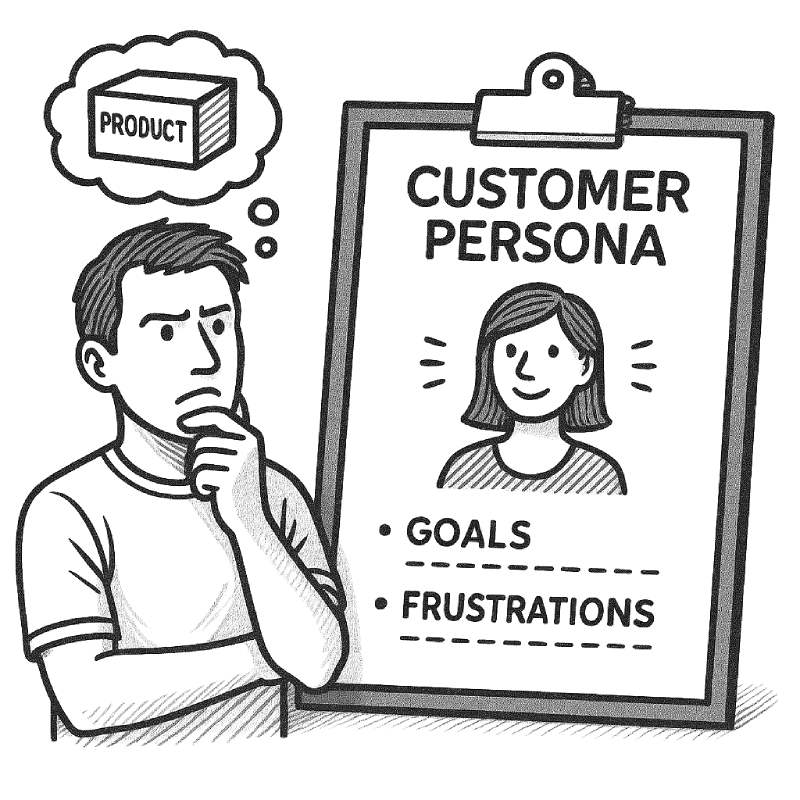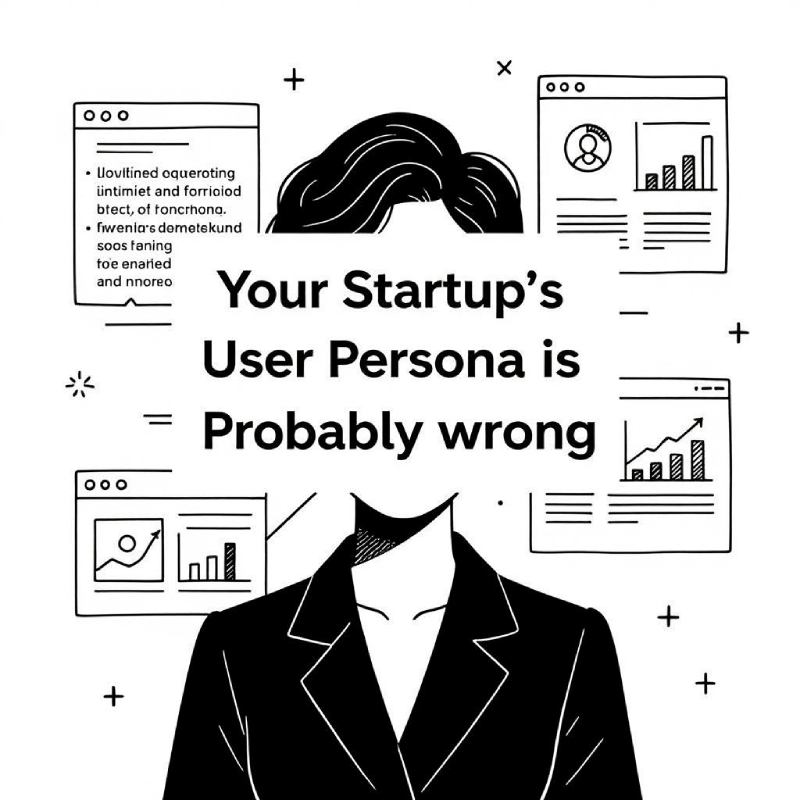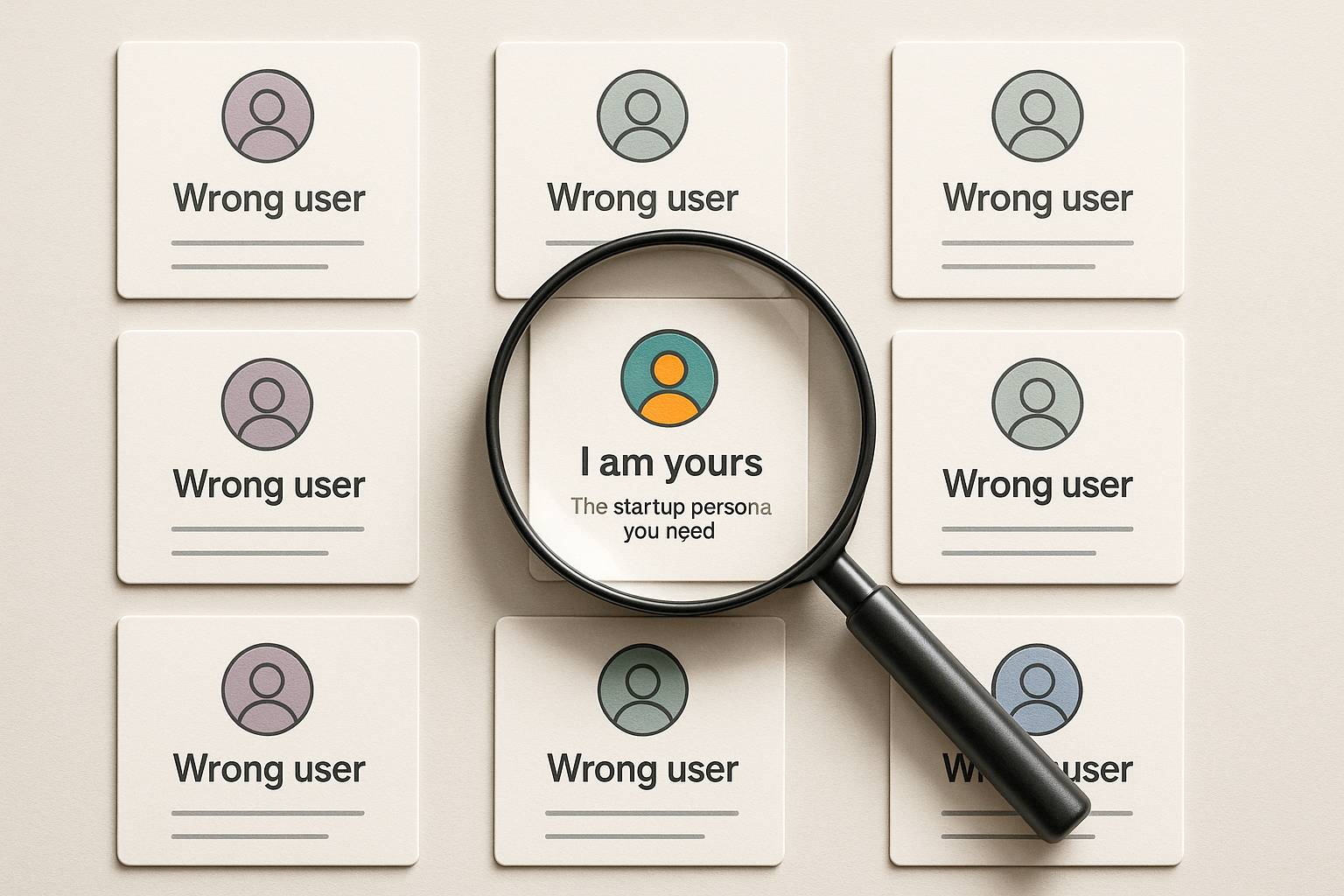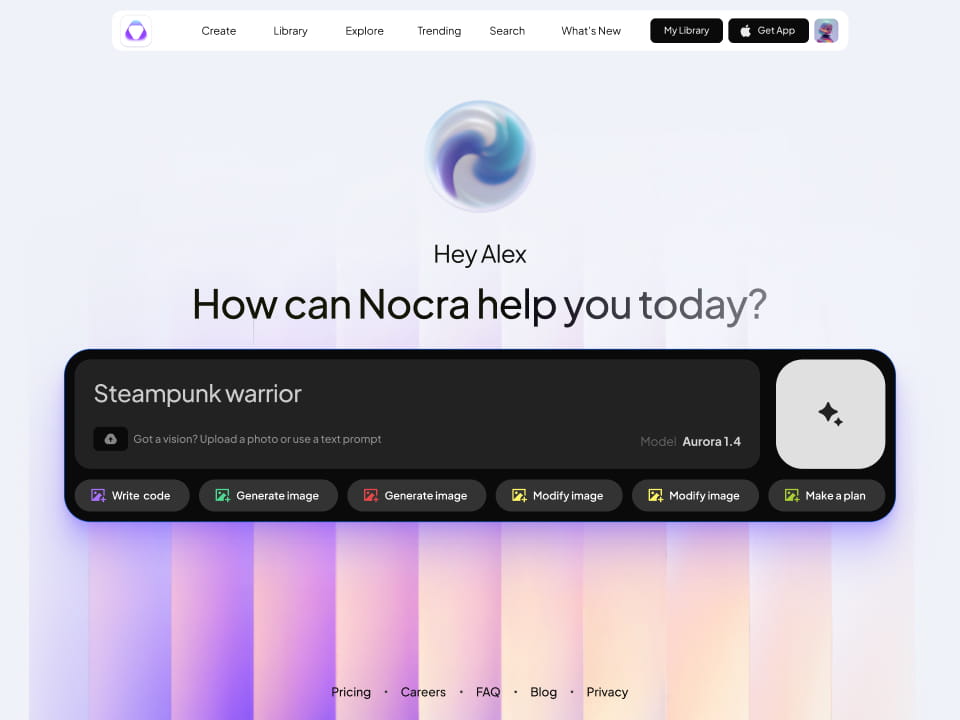Roman Kamushken
So, really... most founders I meet can pitch their product in under 30 seconds. But when I ask, “Who exactly is buying it, and why?” they freeze.
Sure, you’ve built something cool: maybe it’s a problemsolver, maybe it works without bugs, or maybe it’s just UI designed crazy enough to spark curiosity on Product Hunt.
You wrote a landing page, AI-generated some copy, launched it into the void… and got a few signups.
Your indie dev friends said “this looks awesome”.
A cousin said “wow, I think my friend would use this”.
A random Twitter reply said “I’d pay for this!” (but never did :)
So now you’re stuck in that familiar phase: “Wait... who exactly is this for?”
It’s not that they don’t care about their customers. They do.
But most developers, designers, and solo founders think in features and polished UI, not in people’s lives, habits, and decision triggers.
That’s why so many good ideas underperform. Not because of bad code or poor design, but because they are aimed at no one in particular.
The hidden cost of a vague persona
If your “target customer” is “anyone with a smartphone”, here’s what usually happens: your ads go broad and burn budget, your roadmap fills with features nobody really needs, and your landing page ends up generic enough to resonate with no one.
Even skilled developers and designers fall into this trap. You might be building something objectively great, but if you’re not speaking to a specific person with a specific pain, your product gets lost in the noise.
A smarter way to figure it out
You don’t need six weeks of surveys or endless Zoom interviews. A clear, actionable persona can be built in 2–3 days using real conversations your audience is already having online.
Here’s the general flow:
- Find their natural habitat: Reddit, niche forums, Discord, product review sites.
- Collect real quotes that reveal frustrations, wishes, and buying triggers.
- Map it all into a profile that guides product and marketing decisions.
Let me give you a small example.
Example: Hamster cage accessories
Imagine a startup selling accessories for hamster cages. Most founders would describe their customer as “people who own hamsters”. But look closer and you’ll find very different groups: new owners looking for safe starter kits, enthusiasts who treat cage decoration as a hobby, breeders buying in bulk, and parents shopping for their kids’ pets.
These people have different needs, budgets, and even favorite platforms. Enthusiasts browse Pinterest, parents scroll Facebook, breeders live in niche forums. If you don’t know which one you are talking to, you’re wasting effort.
✍️ Side note: If you want me to create your startup persona right now,
skip the rest and fill in this quick form: Fill out the form.

Why founders like this approach
There are no calls, no bloated reports, no guesswork. I gather data from existing public conversations and turn it into a short, visual document you can actually use.
When you have this clarity, everything changes: your landing page copy speaks to a real person, your features line up with actual pain points, and your marketing budget starts to go further because it’s focused.
What you get
In three days you receive a concise PDF with three elements:
- A clear persona profile with goals, pains, and triggers.
- Direct quotes from your audience’s own conversations.
- Advices for where to reach them and what to say in terms of your product.
You can hand it to a designer and say: “Design for this person”. You can use it to rewrite your landing page in a day, or to validate features before you invest time building them.
This is a pilot
I’m currently testing a fast ‘Startup Persona’ service → in 3 days you get a laser-focused profile of your real customer, based on what they actually say and do. No guessing.
It's a lightweight service for indie founders, solo devs, and small teams.
Fill in a short Tally.so form with your startup name, a link, and your guess at who your customer is. In 3 days you’ll have a focused, practical persona report ready to guide your next move.
→ Fill out the form here (takes 5 mins)
Don’t let your product talk to “everyone”. Let it talk to the one person who will actually buy it.
Frequent questions (FAQ)
1. What is a startup user persona and why is it important?
A startup user persona is a semi-fictional representation of your ideal customer, based on research and data. It helps align product design, marketing, and development with real user needs and pain points.
2. Why do most early-stage startups get personas wrong?
Because they guess instead of validate. Founders often build personas based on assumptions or templates, rather than actual interviews, analytics, or feedback from early users.
3. How can a bad persona hurt my startup?
A wrong persona leads to poor product decisions, irrelevant marketing messages, and wasted development effort. You might build for users who don’t exist, or don't care about your product.
4. What’s the right way to build a user persona for a SaaS startup?
Talk to real users, even if it’s just 5–10. Analyze behavior, motivations, and friction points. Use interviews, onboarding data, and support logs. Then synthesize patterns into actionable traits.
5. Should I create multiple personas or just one?
Start with one strong primary persona. Only expand to others if you clearly serve multiple segments with different needs, budgets, or goals.
6. Can I use AI or templates to build personas?
Templates can help structure your thinking, but they’re dangerous if used blindly. AI tools can assist with formatting, but you must still feed them real qualitative data.
7. How often should I revisit or update my startup persona?
Every time your product evolves, or you notice changes in your user base. Revisiting personas quarterly or after major pivots keeps your decisions aligned with reality.
{{stars-conclusion}}
Why my personas don’t suck

I go to where people actually complain, ask, share, and vent — and that place is Reddit.
Over the past few years, I’ve developed a knack for digging through niche subreddits, filtering noise from signal, and collecting real voices of real users.
It’s messy. It’s full of contradictions. And it’s where your gold is buried.
I don’t just guess what frustrates your audience.
I quote them. I look at their exact wording, their actual metaphors, their recurring emotional triggers.
Whether it’s hamster enthusiasts on r/pets or frustrated indie makers on r/startups: Reddit gives me a richer, sharper view than any sanitized marketing survey ever could.
And yes, I enjoy doing it.
I’ve been a designer and maker long enough to know: the real difference comes not from making the product shinier, but from understanding who it’s for and what they need to hear.
That’s what my persona reports deliver.
And if you’re the kind of founder who builds fast, iterates weekly, and hates wasting time - I think you’ll like what you get.










.avif)
.avif)

.avif)
.avif)



.avif)
.avif)




%20worse.webp)

.avif)
.avif)
.avif)


.avif)






%20(1).avif)

%20(1).avif)
.avif)
.avif)



